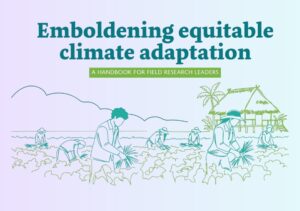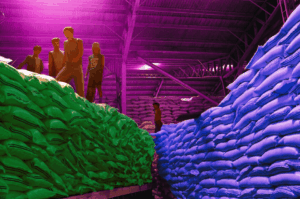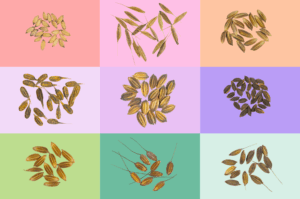Cycling rice and shrimp cultivation is a viable, reversible option for Vietnamese rice farmers in the coastal Mekong Delta affected by climate change, according to German and Vietnamese researchers at the University of Saskatchewan.
Due to increasing saltwater intrusion, more farmers are shifting from growing rice to permanent shrimp cultivation. Establishing permanent shrimp farms is costly and the industry is prone to various risks. Permanent shrimp farming can also make the soil unsuitable for crop farming as a result of drastic salt accumulations and changes in the land’s nutrient profile and topography.
Alternating rice and shrimp gives farmers the potential to improve livelihood, food security, and adaptation of coastal farmers but also the option to return to permanent rice cultivation if desired.
Read the full story at Yorkton This Week
More on rice-aquaculture farming:










